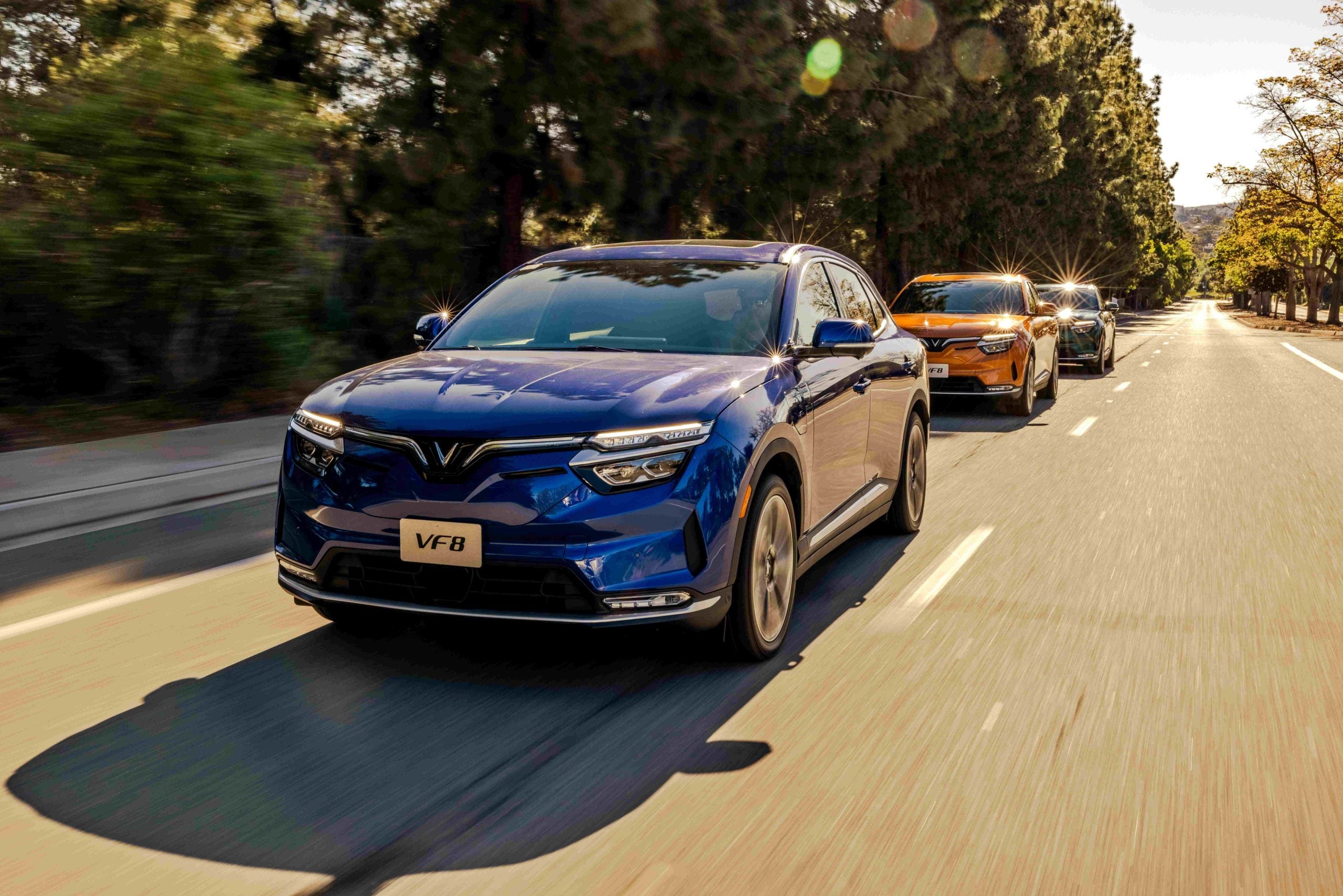
Vietnamese start-up VinFast Auto this month revealed plans to build a second overseas vehicle assembly plant, in Indonesia, as part of ambitious plans to become a mainstream player in the global electric vehicle (EV) market.
The automaker made the announcement in a filing to the US Securities and Exchange Commission (SEC), after the company listed on the US Nasdaq stock exchange in August through an initial public offering (IPO) following its merger with a local special purpose acquisition company (SPAC).

Discover B2B Marketing That Performs
Combine business intelligence and editorial excellence to reach engaged professionals across 36 leading media platforms.
VinFast Auto’s share price almost quadrupled to US$83 from its listing price of US$22 in less than two weeks, with a surge to a staggering US$191bn – more than the market capitalisation of Ford and GM combined and higher than almost all other global automakers. Then reality kicked in. The share price subsequently plunged to a low of below US$14 before recovering.
In what has been one of Nasdaq’s wildest rides in recent years, investors must have been betting on VinFast becoming the next Telsa – which is clearly very far off the mark for a number of reasons.
VinFast Auto, with its global headquarters registered in Singapore, is controlled by Pham Nhat Vuong, Vietnam’s richest man and founder of the country’s largest private conglomerate VinGroup. The automaker currently has one manufacturing hub on Cat Hai island near the city of Hai Phong in northern Vietnam. With a production capacity of 300,000 vehicles per year including passenger and commercial vehicles and battery-powered motorcycles, the company has plans to expand this capacity to 950,000 units per year by 2026.
The Hai Phong plant became operational in 2018, supported by international engineering companies and component suppliers including ZF, Magna Steyr, AVL, Aapico and even BMW. It started by making internal combustion engine (ICE) vehicles and produced its first EVs just two years ago. VinFast said it aims to shift entirely to EVs in the coming years, although most of its sales are still ICE vehicles. The company sold an estimated 27,000 vehicles globally last year, mainly in Vietnam, down from almost 38,000 units in 2021.
As of the end of June 2023, VinFast had sold just 19,000 EVs – mainly fleet sales to affiliated companies in Vietnam such as taxi and car rental operators. According to local reports VinFast is already struggling to find buyers for its EVs in its domestic market, where average incomes are a fraction of what they are in the West. Global automakers including Hyundai and Mercedes have recently launched EV models in this market and the Chinese are set to follow.
VinFast began shipping EVs to the US at the end of last year, but retail sales to-date in this market are understood to be less than 500 – mostly VF8 models. Its cars haven’t had particularly good reviews since their launch due to quality issues and an image-damaging recall. In its home market the company sold just 17,000 vehicles or thereabouts in the first eight months of 2023.
VinFast recently broke ground on a new EV production plant in the US state of North Carolina, which is scheduled to be completed by in early 2025 with an initial production capacity of 150,000 units/year. The plant will supply EVs mainly to customers in North America.
According to the latest filing a second overseas assembly is planned for Indonesia, southeast Asia’s largest vehicle market, with an initial production capacity of up to 50,000 units/per year from 2025. The company said it plans to spend an initial US$200m on the facility, with the investment potentially rising to US$1.2bn in the long term. The news followed a meeting between Indonesian Trade Minister Zulkifli Hasan and VinFast executives on the fringes of the ASEAN Summit in Indonesia’s capital city Jakarta earlier this month.
In the meantime, VinFast said it will launch sales operations in seven countries in Asia in the coming year, targeting mainly southeast Asia, and is also setting up sales networks in other regional markets including Europe.
VinFast’s aim of becoming a mainstream global EV company looks highly ambitious, making even its current valuation way overstretched. The company is already struggling to ramp-up sales volumes in its domestic market and competition is only getting tougher. The company is also entering global EV markets that are already becoming crowded with South Korean, Chinese and German manufacturers, with GM and Ford also gearing up to compete strongly in North America.
VinFast doesn’t have a strong brand image in overseas markets and the company will likely struggle to keep up with next-generation products from its competitors, particularly if it continues to struggle with low sales volumes.




